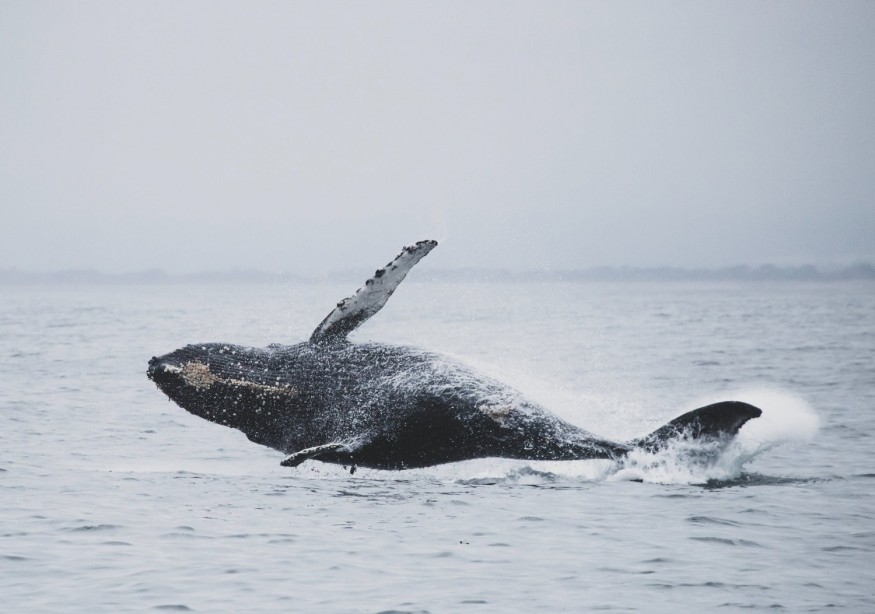
More than 50 pilot whales died in a mass stranding on a remote beach in western Australia, the authorities reported.
On Tuesday, a pod of around 100 long-finned pilot whales was observed off the coast of Cheynes Beach, more than 450 kilometers (280 miles) southeast of Perth.
Local authorities reported at least 51 deaths the next morning, CNN reported.
More than 250 volunteers and a team of veterinarians and marine experts participated in a rescue attempt to bring the remaining 45 whales back into the water.
Failed rescue operations
The attempt to herd some of the pilot whales back out to deeper water failed as the cetaceans beached themselves once more.
To avoid prolonging the suffering of the whales, the experts have decided to euthanize them.
Incident controller Peter Hartley, from the Department of Biodiversity, Conservation, and Attractions, called the decision "one of the hardest" he had ever made in his 34 years of career in wildlife management.
"Really really difficult. But it was a considerate and well-thought-out decision," he told reporters.
The rebeached pilot whales were carried onto the sand, where a team of six vets from Perth Zoo and Albany worked to assess them. Volunteers carried buckets of water to the stranded pilot whales.
A tractor was even used to transport dead pilot whales to the dry sand, where researchers began collecting blubber and tooth samples to try to figure out why the mammals beached.
Kaysanne Knunckey, a local volunteer, said she was waist-deep in the ocean in the morning, dragging the living mammals back into the water and supporting them with a sling.
"It was freezing and hard to stand still just holding the whales," Knuckey said, as quoted by The Guardian. "The atmosphere was fairly positive and everyone is just trying to think of the bright side. It is just so heartbreaking that so many have beached themselves."
It is still unknown why the whales became stranded, but Wildlife researcher Vanessa Pirotta said they were likely trying to avoid a predator, such as a killer whale.
She described pilot whales as "very social and dynamic with strong bonds with others," which means they could become disoriented if they followed a disoriented pod member.
Never-before-seen behavior of whales
Experts are perplexed by the behavior of the whales that gathered in a heart shape before the stranding event.
Western Australia's environment minister, Reece Whitby, said that the Department of Biodiversity Conservation and Attractions sought advice from other jurisdictions that had experienced similar events, and the experts agreed that they had never seen this before.
"It is pretty incredible from a scientific basis in terms of learning about strandings," she added.
Due to the enormous colonies of pilot whales residing in the deep oceans around both island states, Australia and neighboring New Zealand are hot spots for mass whale strandings, but the reason why they become trapped on beaches remains unknown.
Related Article : 100 Beached Whales Rescued in Sri Lanka after Mass Stranding
Related Video:
© 2025 NatureWorldNews.com All rights reserved. Do not reproduce without permission.





